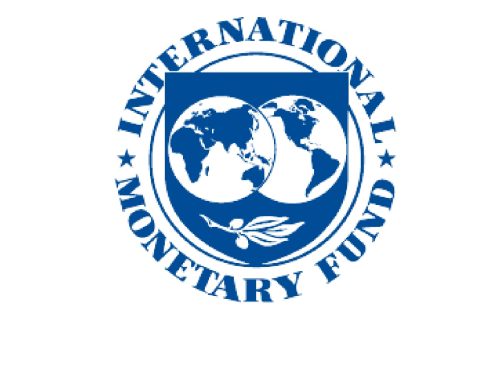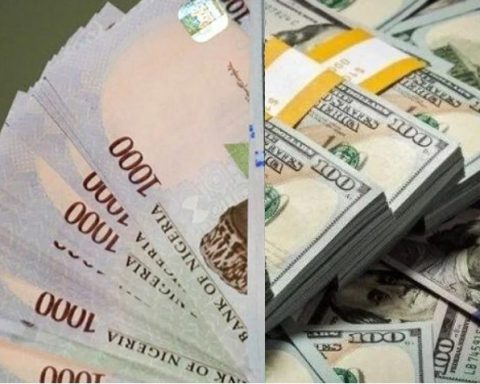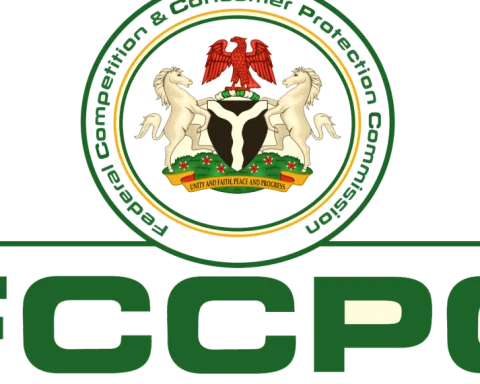The International Monetary Fund (IMF) has asked Nigeria to devalue its currency and raise benchmark interest rate in preparation for the Fed policy tightening.
The IMF disclosed this in a blog post titled, ‘Emerging Economies Must Prepare for Fed Policy Tightening,’ on Monday.
Join our WhatsApp ChannelThe Washington-based lender also noted that emerging markets with high public and private debts, foreign exchange exposures, and lower current-account balances had been seeing larger movements of their currencies relative to the US dollar in recent months.
It said: “Some emerging markets have already started to adjust monetary policy and are preparing to scale back fiscal support to address rising debt and inflation.
“In response to tighter funding conditions, emerging markets should tailor their response based on their circumstances and vulnerabilities.
”Those with policy credibility on containing inflation can tighten monetary policy more gradually, while others with stronger inflation pressures or weaker institutions must act swiftly and comprehensively.
“In either case, responses should include letting currencies depreciate and raising benchmark interest rates. If faced with disorderly conditions in foreign exchange markets, central banks with sufficient reserves can intervene provided this intervention does not substitute for warranted macroeconomic adjustment.
“Nevertheless, such actions can pose difficult choices for emerging markets as they trade off supporting a weak domestic economy with safeguarding price and external stability.
”Similarly, extending support to businesses beyond existing measures may increase credit risks and weaken the longer-term health of financial institutions by delaying the recognition of losses. And rolling back those measures could further tighten financial conditions, weakening the recovery.”
The IMF added that emerging economies were currently battling elevated inflation rates, and high public debt profiles.
It said: “Beyond these immediate measures, fiscal policy can help build resilience to shocks. Setting a credible commitment to a medium-term fiscal strategy would help boost investor confidence and regain room for fiscal support in a downturn.
“Such a strategy could include announcing a comprehensive plan to gradually increase tax revenues, improve spending efficiency, or implement structural fiscal reforms such as pension and subsidy overhauls.”
- PBA Reporter
- PBA Reporter
- PBA Reporter
- PBA Reporter
- PBA Reporter
- PBA Reporter
- PBA Reporter
- PBA Reporter
- PBA Reporter
- PBA Reporter
- PBA Reporter
- PBA Reporter
- PBA Reporter
- PBA Reporter
- PBA Reporter
- PBA Reporter
- PBA Reporter
- PBA Reporter
- PBA Reporter
- PBA Reporter
- PBA Reporter
- PBA Reporter
- PBA Reporter
- PBA Reporter
- PBA Reporter
- PBA Reporter
- PBA Reporter
- PBA Reporter
- PBA Reporter
- PBA Reporter
- PBA Reporter
- PBA Reporter
- PBA Reporter
- PBA Reporter
- PBA Reporter
- PBA Reporter
- PBA Reporter
- PBA Reporter
- PBA Reporter
- PBA Reporter
- PBA Reporter
- PBA Reporter
- PBA Reporter
- PBA Reporter
- PBA Reporter
- PBA Reporter
- PBA Reporter
- PBA Reporter
- PBA Reporter
- PBA Reporter
- PBA Reporter
- PBA Reporter
- PBA Reporter
- PBA Reporter
- PBA Reporter
- PBA Reporter
- PBA Reporter














